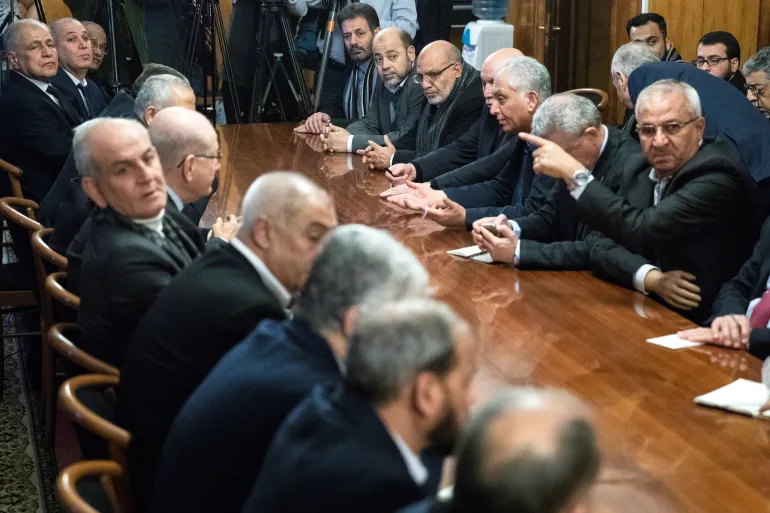Hamas and Fatah Leaders. In a significant development aimed at mending the longstanding rift within Palestinian politics. leaders from Hamas and Fatah are scheduled to meet in Moscow. This meeting, set against the backdrop of increasing regional tensions and the quest for Palestinian statehood, underscores a concerted effort towards Palestinian unity.
This blog post delves into the implications of this pivotal gathering, the challenges ahead. And the potential impact on the Israeli-Palestinian conflict and broader Middle Eastern geopolitics.
The Quest for Unity
A Historic Rivalry
An overview of the historical context behind the Fatah-Hamas divide. Exploring the ideological differences and past conflicts that have hindered Palestinian political unity. This section sets the stage for understanding the significance of the Moscow talks.
The Moscow Meeting Agenda
Insight into the objectives and agenda of the Moscow meeting. This part discusses the key issues on the table. Including political reconciliation, governance, and strategies for advancing the Palestinian cause on the international stage.
Challenges to Reconciliation
Bridging Ideological Divides
An examination of the ideological and political challenges that could impede progress towards unity. This section analyzes the core differences between Hamas and Fatah and the concessions required from both sides to achieve reconciliation.
External Influences and Pressures
A look at how external actors, including Israel, the United States, and other regional powers, may impact the unity talks. This part considers the international community’s stance on Palestinian reconciliation. And the potential obstacles posed by external pressures.
Implications for the Israeli-Palestinian Conflict
A Unified Palestinian Front
The potential impact of Hamas-Fatah reconciliation on the dynamics of the Israeli-Palestinian conflict. This section will explores how a united Palestinian political front could alter negotiation strategies. We will see that International support, and the prospects for peace.
The Role of International Mediators
The significance of Moscow as the meeting venue and Russia’s role as a mediator in Middle Eastern politics. This part assesses Russia’s interests in Palestinian unity. And how this meeting fits into broader Russian foreign policy objectives in the region.
The Road Ahead Hamas and Fatah Leaders
Steps Towards Lasting Unity
An analysis of the potential outcomes of the Moscow talks and the steps necessary to sustain momentum towards lasting Palestinian unity. This section outlines the challenges and opportunities that lie ahead in the quest for a unified Palestinian government.
The Impact on Middle Eastern Geopolitics
Considerations on how Palestinian unity could reshape Middle Eastern geopolitics, affecting alliances, regional conflicts, and the balance of power. This part reflects on the broader implications of the talks for the Middle East and beyond.
The meeting was held between Hamas and Fatah leaders. In which Moscow represents a critical juncture in Palestinian politics and the broader Israeli-Palestinian conflict. As both factions seek to overcome years of division. The world watches closely, hopeful that this effort will pave the way for meaningful progress. And it will be towards Palestinian unity, peace, and statehood. Then great challenges are significant, but the potential rewards for the Palestinian people and regional stability are immense.
Inspired by Al Jazeera News and read more articles here or read previous articles here.
